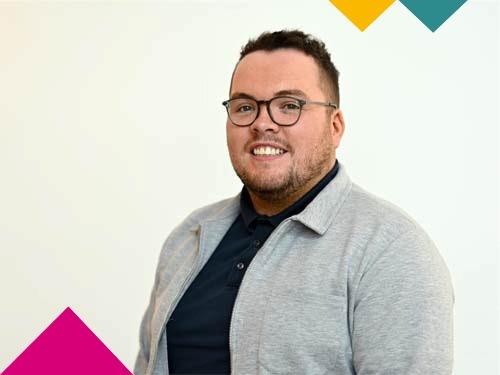Money Matters - Staying in control of your debts

In this week's column, Wrekin's Dan Bebbington looks at the best way to tackle debt.
With the current cost-of-living crisis impacting on all of us, it can be very easy to let things slip when it comes to your finances. Being in debt can feel scary, and from that first missed payment, the situation can spiral out of control.
One missed bill can lead to another, causing the added pain of extra charges. You might take out short-term credit to plug the gap in your budget until pay day, but this can cause the debt to pile up even more.
However, the most important thing you can do is not to panic and try not to allow yourself to get into that situation in the first place. Most of us have debts in some form or another, whether it’s car finance, or a mortgage, and the trick is to keep them manageable.
Firstly – make sure you’re keeping tabs on your total outgoing payments which are going towards clearing debts
Many people don’t realise how much they are spending on paying off various debts until it becomes a problem. Get into the habit of tracking exactly what your outgoings are on loans, credit cards and catalogues etc.
Work out what that figure is as a percentage of your income and calculate how much you think you can comfortably afford to spend (i.e. what do you have left after mortgage/rent, food, bills and other essentials). Set this as a target. If your debt repayments go higher than this percentage, you need to bring them down.
You should always make payments every month – even if it’s just the minimum amount to cover the interest.
It means that at least your debt doesn’t get bigger. But whatever you do, it’s important to make sure the payment is made on time. The last thing you want is unnecessary penalty fees, which can impact your credit score.
If you have several outstanding debts, it’s unlikely you will be able to pay them all off equally, so focus on one at a time whilst making minimum repayments on the others in the meantime.
The trick is to pick the right debt to pay off first. Try to settle the debts with the largest amount of interest initially, as these are the ones that will be growing the fastest.
Don’t keep racking up credit card bills. When strapped for cash, it’s common for people to turn to their credit card. It means you can keep making essential purchases even if you’ve spent all your money servicing other debts.
However, the problem is that using a credit card just means adding on another debt – and at a high rate of interest, too. The only exception to this rule is if you are able to pay your credit card bill off in full each month during the interest-free window.
If you think your debts are starting to grow out of control, then now’s the time to seek free expert debt advice. Step Change, National Debtline and Citizens Advice all offer this service without charging. Wrekin Housing Group customers can also access the Wrekin Debt Advice service.
By taking control of your financial situation, it can feel like a huge weight lifted off your shoulders.
6th September 2022